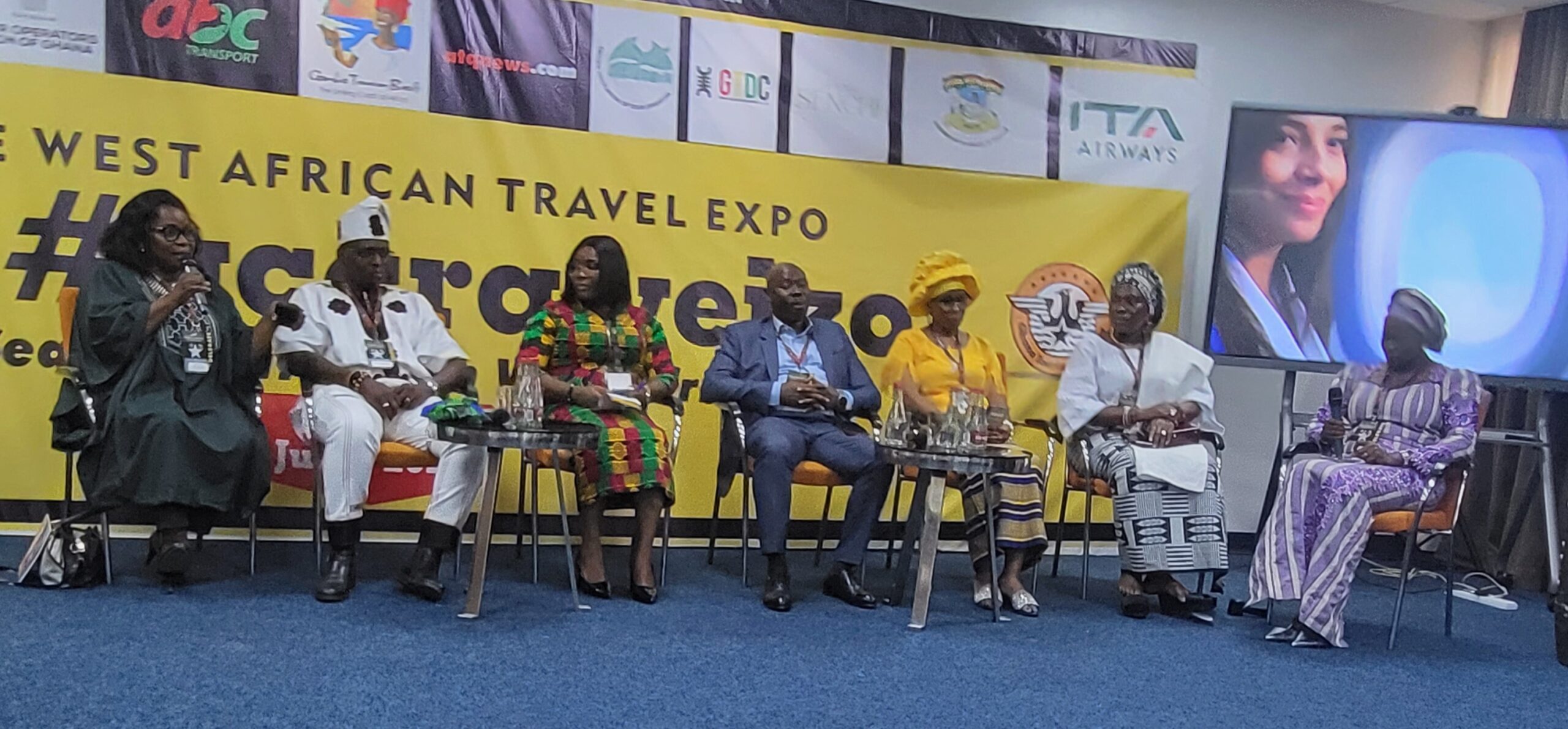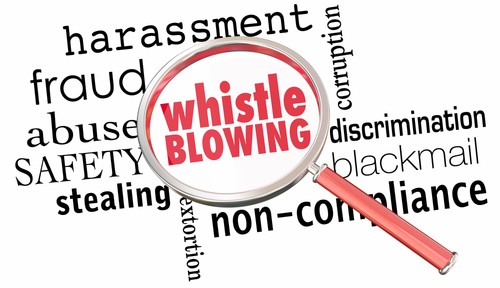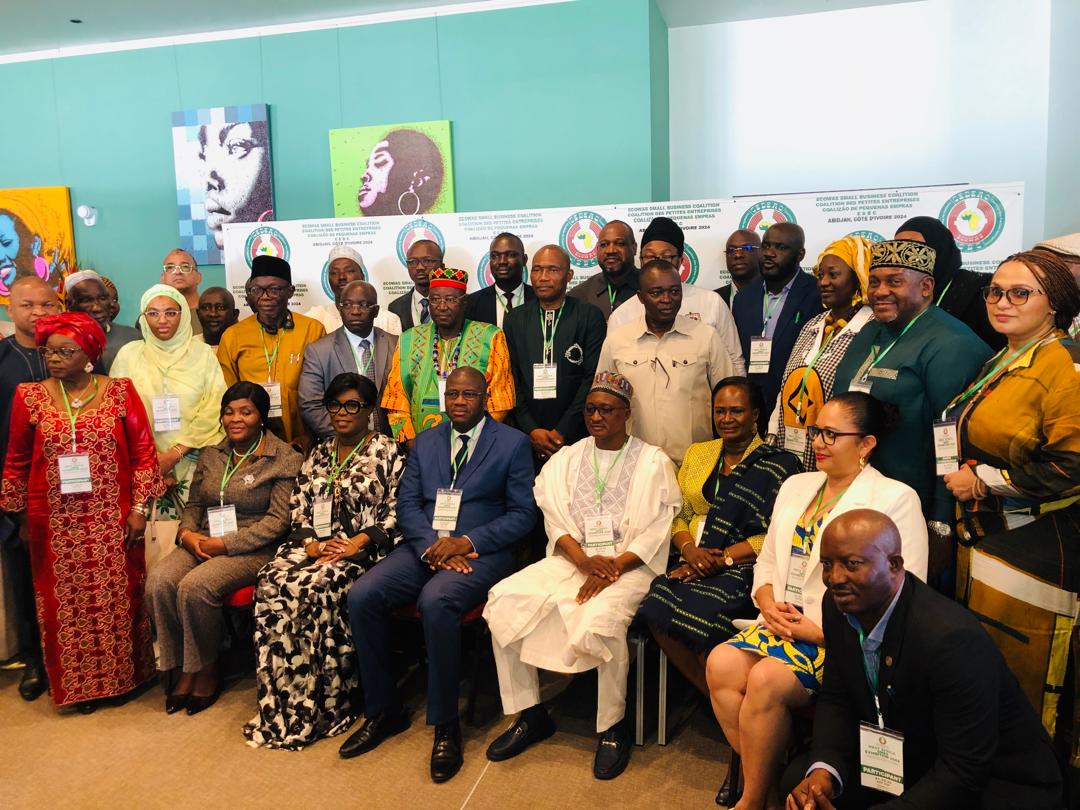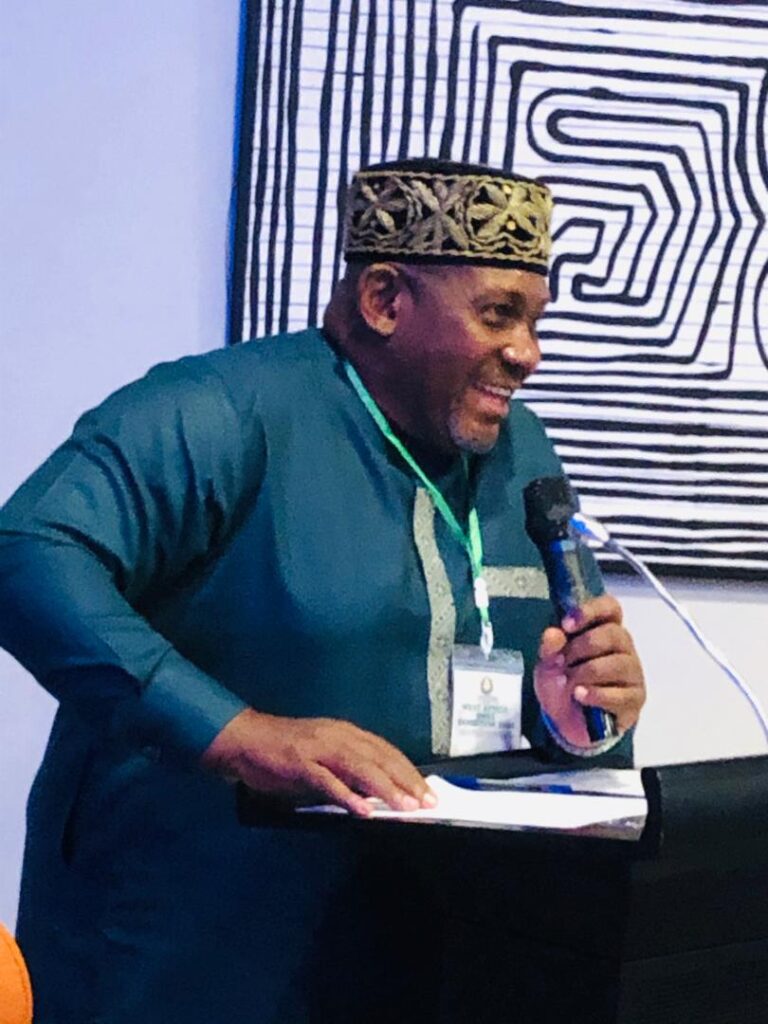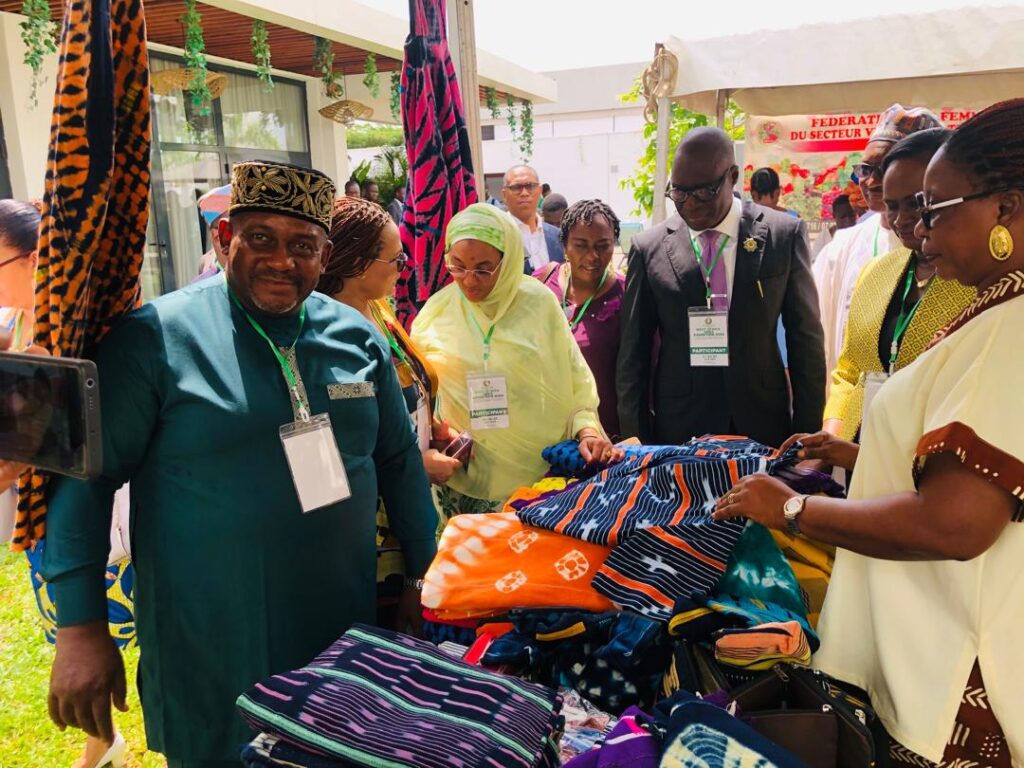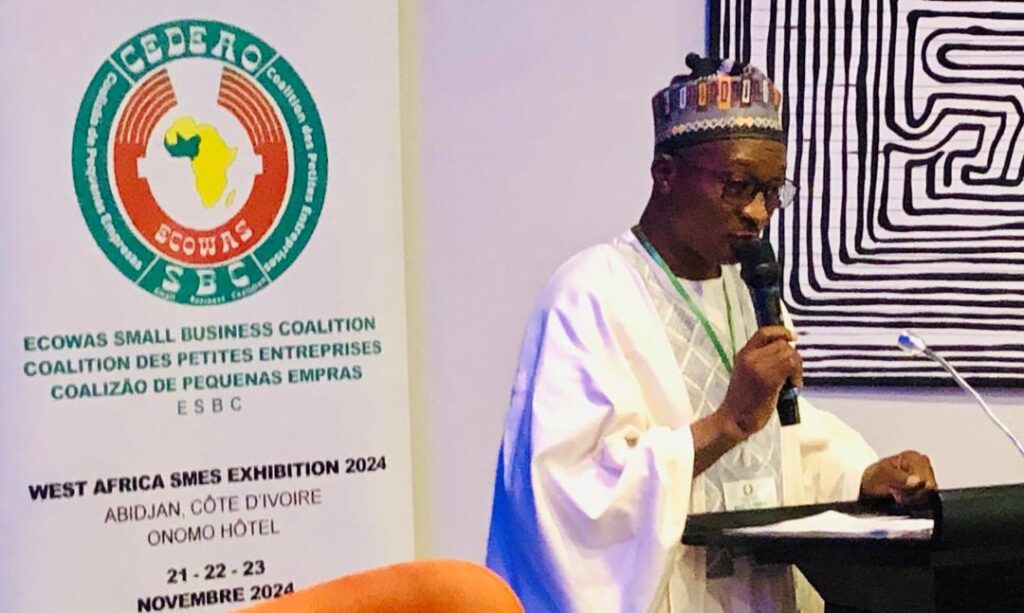Tour operators seek solutions to ease cross-border travel in West Africa
By Folasade Adeniran
Tour operators from across West Africa are calling for immediate reforms and practical solutions to tackle the persistent challenges faced during cross-border travel within the sub-region.
The operators made the call during a panel session at the ongoing eighth edition of West African Travel Expo (Accraweizo 2025), on Friday in Ghana.
The theme of the event is “Reimagining the ECOWAS Free Movement Protocol”.
Mrs Bolaji Mustapha, President, Nigerian Association of Tour Operators (NATOP), said that Public-Private Partnerships (PPPs) are vital for achieving seamless cross-border travel in West Africa.
“Tour operators need to move first while awaiting policy changes.
“The private sector must begin to push forward, just like in Kenya. The government followed the lead of the private tourism industry there,” she said.
She urged governments in the region to collaborate on infrastructure development, such as border facilities, roads, and transportation systems.
“There is a need for a good road network that will enhance seamless travel, and by so doing, airfare will reduce drastically.
“In many cases, it’s cheaper to fly to Europe than to a neighbouring West African country,” she said.
She also noted that creating bi-lingual content collaboration would bridge the region’s language divide.
“This will help in showcasing the region’s rich cultural heritage.”
Recounting a recent experience at the Kotoka International Airport in Accra, where immigration officials handled her documentation hiccup with professionalism, Mustapha stressed that such gestures could significantly alter perceptions about travelling in West Africa.
“These small acts of courtesy and efficiency build confidence in regional travel,” she said.
Also, Patience Okorie, Managing Director of God’s Own Travel Agency in Togo, said that a comprehensive tourism directory would give local operators better visibility to connect with regional players.
“A directory that covers multiple countries and inclusion of cultural festivals from across West Africa in cross-border travel itineraries will create value for both visitors and operators,” Okorie said.
On her part, Ayi Okoumassoun of Jessika Tours, Benin,reflected on the daily challenges operators face when traversing borders.
“Our fundamental need as tour operators is the ability to move freely from one country to another.
“Without that, we cannot work effectively,” she said.
Moderator of the session, Obama Ojukwu of Gota International, emphasised the role of the media in shaping positive narratives around West African tourism. (NAN) (www.nannews.g)
Edited by Olawunmi Ashafa




